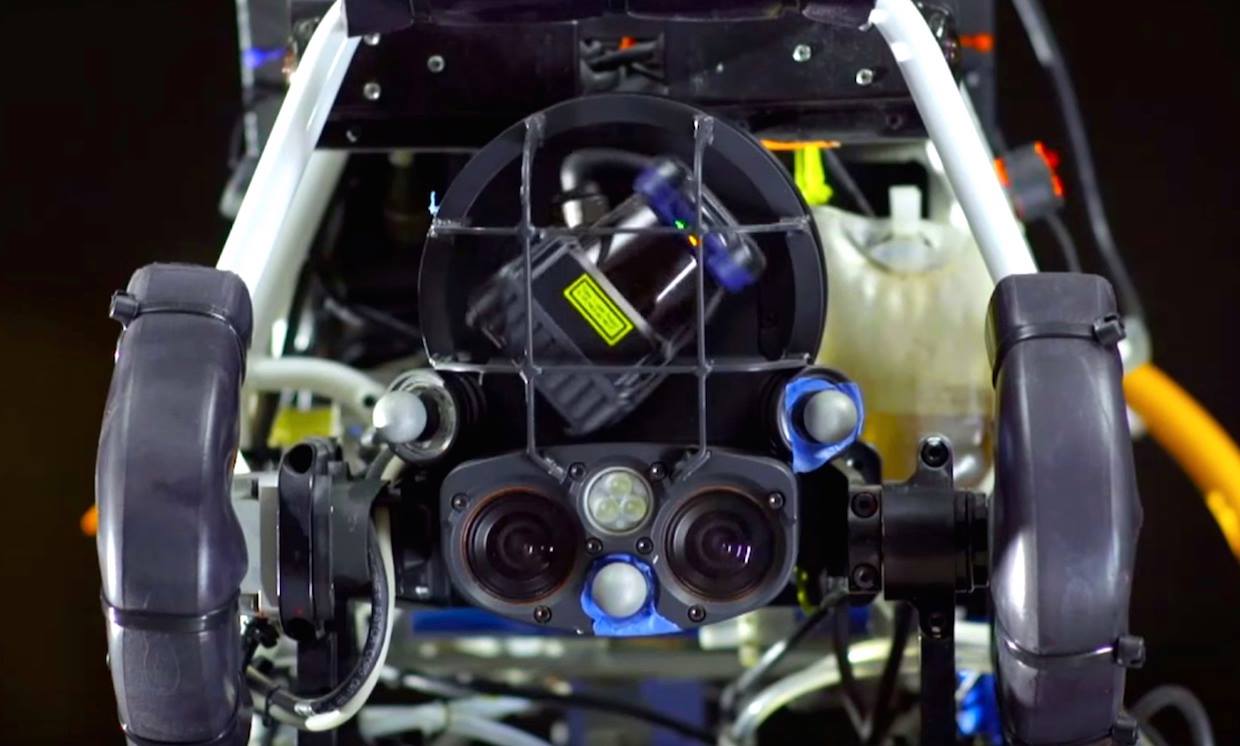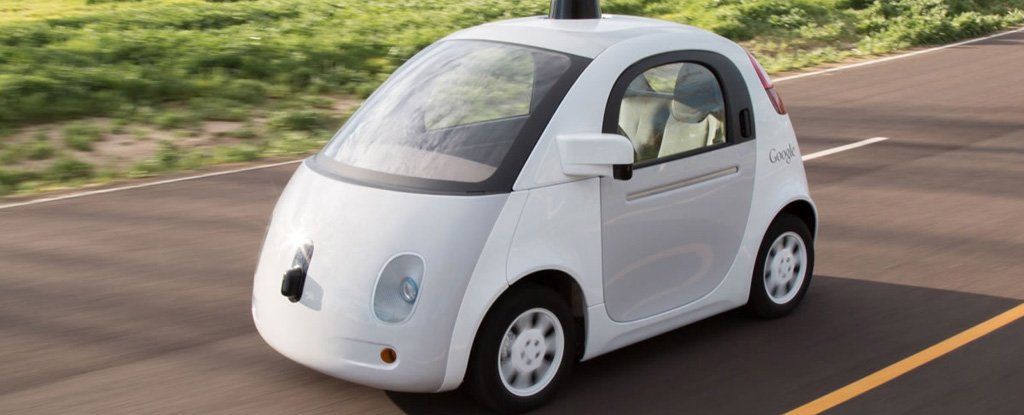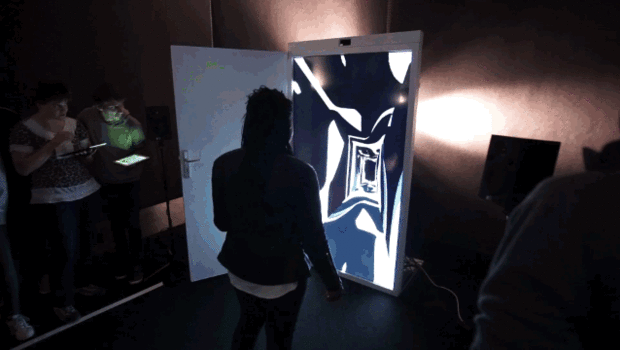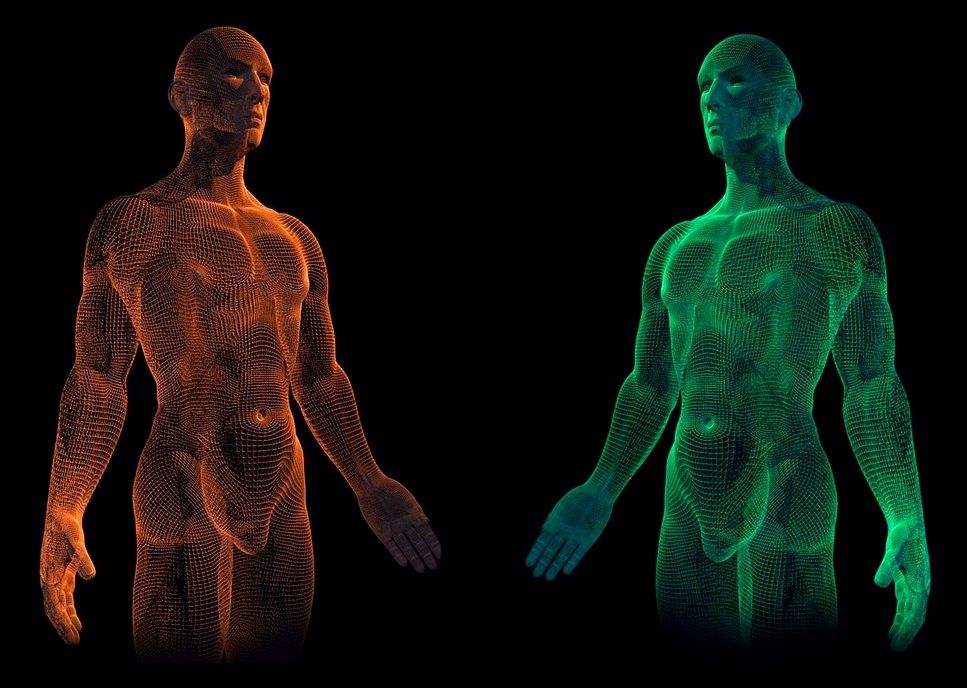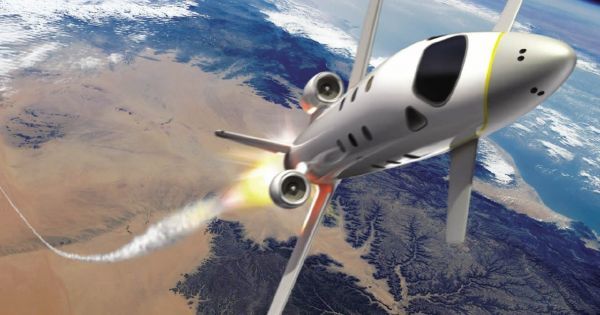Page 10833
Women In Technology — Remembering Women who Innovated and Changed History.
An author, an actress and more than one whose work was ripped off by men. On the first United Nations International Day of Women and Girls in Science, take a look at six female scientists who helped shape history.
Hedy Lamarr (Hedwig Keisler)
Feb 12, 2016
US highway authorities concede that artificial intelligence can legally ‘drive’ a car
Posted by Aleksandar Vukovic in categories: law, robotics/AI, transportation
In a major step forward for self-driving cars and the industry seeking to manufacture them, US highway authorities have informed Google that its autonomous vehicle systems could qualify as a “driver” in the eyes of the law.
A letter addressed to the company from the National Highway Traffic Safety Administration (NHTSA) last week suggests that if self-driving vehicles (SDVs) can satisfy a number of safety standards, the fact that artificial intelligence (AI) is controlling the car – in the absence of any human controls – would not be a barrier to the car legally driving on US roads.
“We agree with Google its SDV will not have a ‘driver’ in the traditional sense that vehicles have had drivers during the last more than one hundred years,” writes chief counsel for the NHTSA, Paul A. Hemmersbaugh. “If no human occupant of the vehicle can actually drive the vehicle, it is more reasonable to identify the ‘driver’ as whatever (as opposed to whoever) is doing the driving. In this instance, an item of motor vehicle equipment, the [SDS Self-Driving System], is actually driving the vehicle.”
Feb 12, 2016
Dancer takes performance to Southern Ocean extremes in quest to mix science and art — By Pablo Finales | ABC News Online
Posted by Odette Bohr Dienel in categories: media & arts, science
“James Batchelor believes science and art can work together, and he has hitched a ride to one of the most inhospitable places on the planet to prove it.”
Feb 12, 2016
Curious AI Wants To Make The Singularity A Reality
Posted by Shailesh Prasad in categories: robotics/AI, singularity, transportation
Over the last few years tech companies both large and small have developed programs that can “dream”; and understand and process information; and even write articles; but nothing has come close to the holy grail of artificial intelligence — developing software that can learn independently.
At least, not until now.
Helsinki might seem like an unlikely potential birthplace for this new era of intelligent machines. Yet it’s there — on a side street blocks from the central train station — that a team of roboticists, neuroscientists, and graphics programmers planted the seed that would become the new artificial intelligence software developer, The Curious AI Company.
Feb 12, 2016
This Magical Door Lets You Explore The Virtual World Without Putting On A Headset
Posted by Shailesh Prasad in category: futurism
There’s a chasm between our physical and virtual worlds. This captivating installation offers one way to bridge them.
Feb 12, 2016
This Mixed Reality Educational App Gives You X-Ray Goggles and Takes You Into the Human Body
Posted by Shailesh Prasad in categories: augmented reality, biotech/medical, space, virtual reality
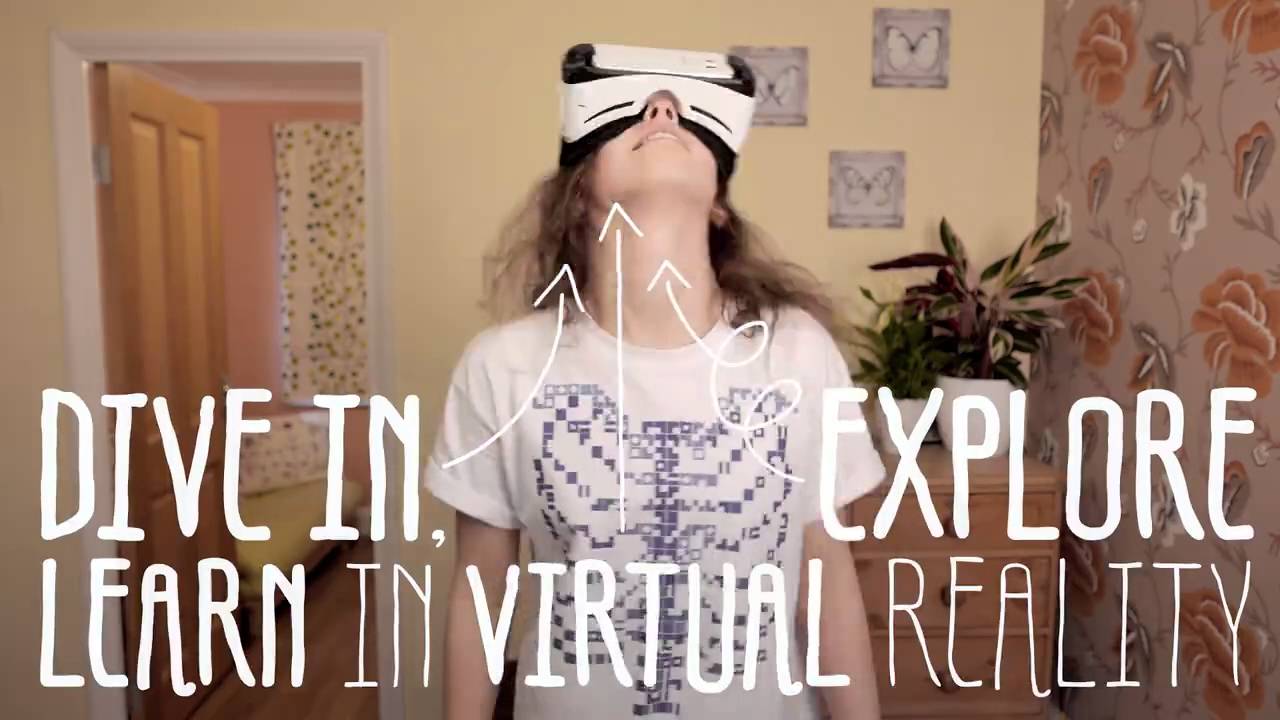
When I was a kid I remember being a member of Ms. Frizzle’s classroom. We went on adventures under the ocean, into the rainforest, out to the stars, and even to the center of the Earth and it was amazing.
Of course I am talking about my time on the Magic School Bus.
Feb 12, 2016
Whole-body Induced Cell Turnover: The Future Of Cell Therapy?
Posted by Shailesh Prasad in categories: biotech/medical, transportation
While curious minded people might like to understand exactly why something happens, there are many examples where you don’t have to understand everything that’s going on to fix the problem. After all, your average car might break down every few years but by replacing the parts you can keep it going for decades; you don’t have to redesign the car so it never breaks down again. This is where reparative strategies come in, aiming to rejuvenate and repair accumulated damage. These strategies are immensely challenging, but in comparison to an overhaul of the human genome, they’re arguably easier to implement and we’re already working on many of the tools that would be needed.
Out with the old, in with the new
Proposed by Francesco Cortese from the ELPIs Foundation for Indefinite Lifespans and Dr. Giovanni Santostasi, from the Feinberg School of Medicine, Northwestern University, WICT (Whole-body Induced Cell Turnover ) is a comprehensive strategy that involves replacing your entire body with shiny new cells, flushing the body of any old, damaged ones.
Feb 12, 2016
What homes on Mars will look like
Posted by Shailesh Prasad in categories: habitats, space
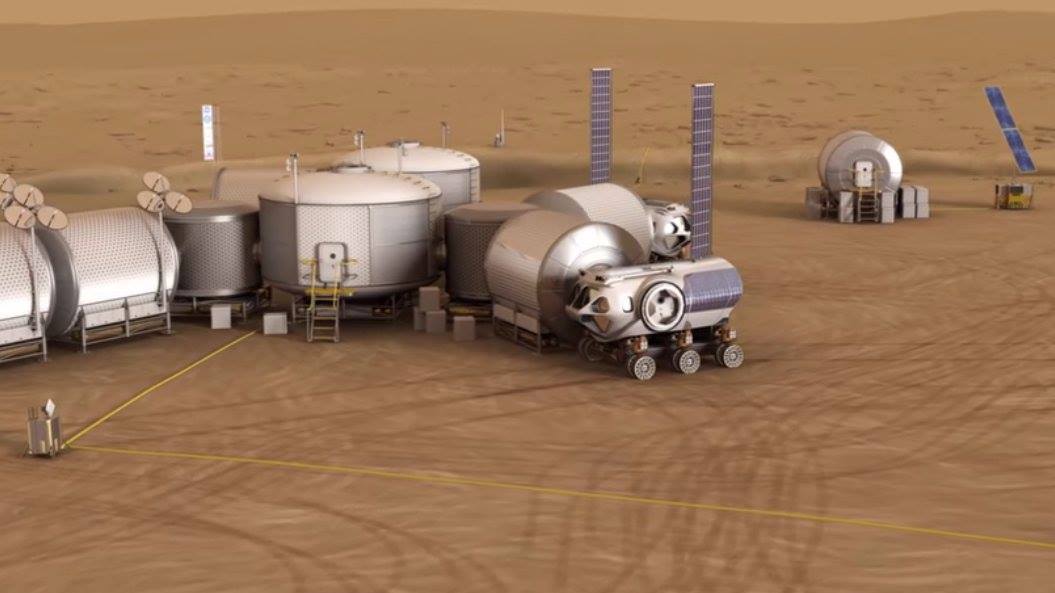
What it might be like to live on Mars.
NASA revealed what homes on Mars will be like — and we don’t have to wait long.
Feb 12, 2016
NASA Just Released Posters for Space Tourism
Posted by Shailesh Prasad in categories: futurism, space travel
In the future, we hope to “tour” around the solar system. Indeed, some companies are already working on private space tours. Here, NASA’s JPL gives us a peek at what this space tourism might look like.
NASA’s Jet Propulsion Laboratory (JPL) recently released awesome posters of our solar system, specifically designed at getting people to journey to the stars (or at least some nearby alien planets). “The Vision of the Future” series comprise of seven original posters. In addition to these, there are seven more posters for “Exoplanet Travel Bureau” that were published last year.
Notably, these posters are more than just fantastical imaginings. The designers who created these magnificent posters have been consulting with JPL scientists and engineers to make these tourism scenarios as realistic as they can possibly be. In short, it lets you see what the travel of tomorrow may look like.
